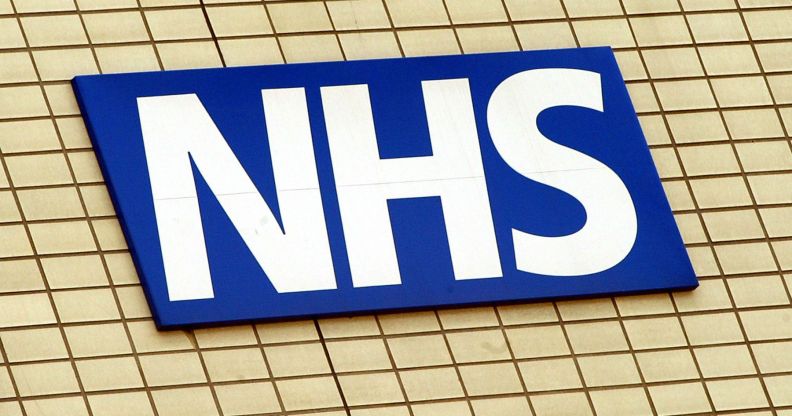NHS hospital to carry out ‘automatic’ tests for HIV when you get a blood test

A&E patients at a London hospital will automatically get tested for HIV when they have blood tests – in a bid to help diagnose people who are unaware of their status.
St Thomas’ Hospital will become the first in the UK to take the proactive new approach – which means that standard practice will be to test emergency patients for HIV, as part of routine blood tests.
Every patient over the age of 16 who is already having their blood tested will be tested for HIV at the same time, unless they choose to opt out.
It is hoped that including HIV tests in routine blood screening will help to identify the large number of people with HIV who are unaware of their status, who would not otherwise be tested.
It is thought that around 107,800 people are living with HIV in the UK and of these 24% are undiagnosed.
Clinical lead for HIV at Guy’s and St Thomas’, Dr Nick Larbalestier, said: “Normalising HIV testing will undoubtedly save lives. Just as we use blood tests to check for other medical conditions such as diabetes, we know that routine testing for HIV will identify undiagnosed cases.
“People with HIV are able to live long and healthy lives, but this depends on them being diagnosed promptly and receiving the specialist treatment they need.
“This is why it’s so important to increase detection rates.”
As part of the procedure, all patients will be given a leaflet explaining why the routine testing takes place – and results will be available within 48 hours.
Dr Michael Brady, Medical Director at Terrence Higgins Trust, says: “It’s great to hear that Guy’s and St Thomas’ are starting routine HIV testing in their A&E department.
“Rates of undiagnosed HIV and late diagnosis remain unacceptably high in the UK and continue to contribute to preventable illness, death and onward transmission.
“I am sure this will only have a positive impact, especially in an area of such high HIV prevalence, and I hope that other hospitals will soon follow their lead.”

